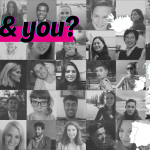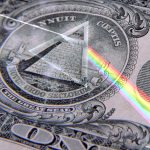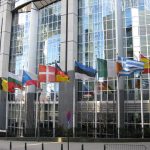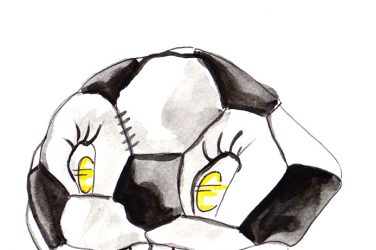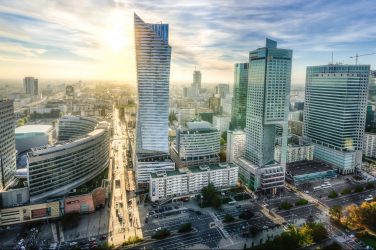How would Europeans cope if their lives changed radically and nothing was as it used to be? This one might be the hardest one to imagine… or just a nightmare – Europe without beer!
The Brits paid their wages with it, the Viking heaven had a goat whose udders provided endless amounts of it, and Belgium’s borders wouldn’t be the same without it. It’s beer, and if the European Parliament randomly decided to ban it on the grounds that it is the reason for the lack of competitiveness in, let’s say Spain… Our future would change forever.
To begin with, we would undoubtedly have our own version of the Prohibition Era protests that took place during the 30’s in the US. Because really, missing Friday’s beer would make many Europeans angrier than any of the cuts in their national economies. Taking distractions and entertainment away from the citizens is the last thing EU politicians need now, but who knows… What if massive protests to recover beer created the common sense of belonging that Europe has been longing for?

These first pan-European protests wouldn’t only be based on the people’s willingness to get wasted. They would, as usual, be orchestrated by those with the biggest economic interest in keeping beer in bars… The brewing industry! Led by the European Parliament Beer Club, a discussion forum about the brewing sector in the EU, people’s slogans in demonstrations would state how this sector employs 2 million people in the Union. “They tell us banning beer will help increase productivity and boost the economy, but how will that happen by taking away the one product that generates 50 billion euros in tax for EU governments?” – this would be the angry demand of Arthur Guinness the Fifth, descendant of Guinness founder Arthur Guinness the First. “We produce 0.42% of the continent’s GDP! There is no way erasing us will help the economy!”
Pressure groups would also emphasise how beer is the most popular alcoholic drink in the world, and how 25% of the global production comes from Europe. For the first time since… World War II? Europe recovers the importance it once had in international affairs. Seeing their own beer consumption threatened, beer lovers from all over the world would join their fellow European protesters. The US, the world’s first beer importer, starts debating about its intervention in the name of freedom.
Beer and waffles were the only things sustaining Belgian identity!
Historical arguments come into action. No revolution takes place solely based on numbers. You need politics! A movement created in the Flemish area of Belgium starts advocating for the region’s independence. “Beer and waffles were the only things sustaining Belgian identity!” they claim. In the face of these threats to his country’s unity, Elio di Rupo launches a campaign highlighting the historical relevance of beer in Europe to convince his fellow Prime Ministers to drop the ban.
The campaign starts with a short video, based on this paper by Koen Deconinck and Johan Swinnen, explaining how beer created Belgium. Basically, it tells how when the Netherlands were under the rule of Spanish empire, it was beer that helped them revolt. The Dutch had few chances to win the war they initiated, but they were able to overcome this through their ability to finance war. Because of the taxes that came from… BEER! The Netherlands got rid of Spain’s rule through beer, and Belgium established its Northern border largely thanks to this. “If beer was able to do so much for Europeans so many centuries ago, who knows what we will be missing by banning it?”
Following the Belgian example, the US, who kept debating whether military action was necessary, instead decide to launch a diplomacy campaign called “How beer saved the word.” They recover a Discovery-Channel documentary revealing beer’s contribution to modern medicine. The discovery of bacteria and its role in diseases was all because of beer. The key experiments were done by the French Louis Pasteur in the 1850s and tragically, most of us today believe that Pasteur was investigating milk. In reality, his discovery was applied to preserve milk in what he called pasteurisation, but the chemist was originally investigating why beer spoils.
According to the same documentary, the first refrigerators were developed by the brewing industry, and it was beer bottles, and not Ford cars, that automated America and began the industrial revolution.
Seeing its main ally’s resistance to the ban, the EU starts reconsidering its position. In an online forum, someone brings up this quote by US musician Frank Zappa: “You can’t be a real country unless you have beer and an airline – it helps if you have some kind of a football team, or some nuclear weapons, but at the very least you need a beer.” It is when this quote becomes popular that EU authorities decide to give European citizens the feeling of victory. After renaming Ryanair Europeair, they legalise beer, and citizens from all the member states feel part of a common project again.
Cover photo: byronv2, Licence: CC BY-NC 2.0



